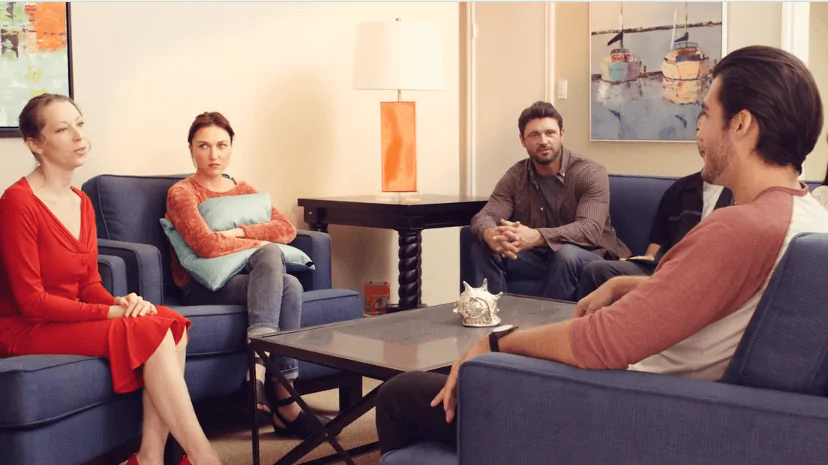has emerged as a crucial component of addiction recovery, particularly focused on those struggling with benzodiazepine dependence. These rehab centers specialize in treating a range of addictions, predominantly involving benzodiazepines, which include common medications such as Xanax, Valium, and Ativan. The treatment approach in these facilities combines medical supervision, psychotherapy, and holistic practices to ensure a comprehensive healing process. Given the complexities surrounding benzodiazepine withdrawal and the potential for serious health risks, the role of rehab centers cannot be overstated. Historically, the rise of prescription drug abuse in the United States has led to an increasing demand for specialized detox facilities, with Buna stepping up to meet these needs. Over the years, rehab centers for Benzo Detox in Buna have positively impacted countless lives, helping individuals reclaim their freedom from addiction and facilitating their journey towards sobriety. Whether it's the first step or a continuation of recovery, individuals can find solace in the supportive environment these centers provide, encouraging them to learn, heal, and grow.
Learn more about Benzo Detox centers in Buna















































